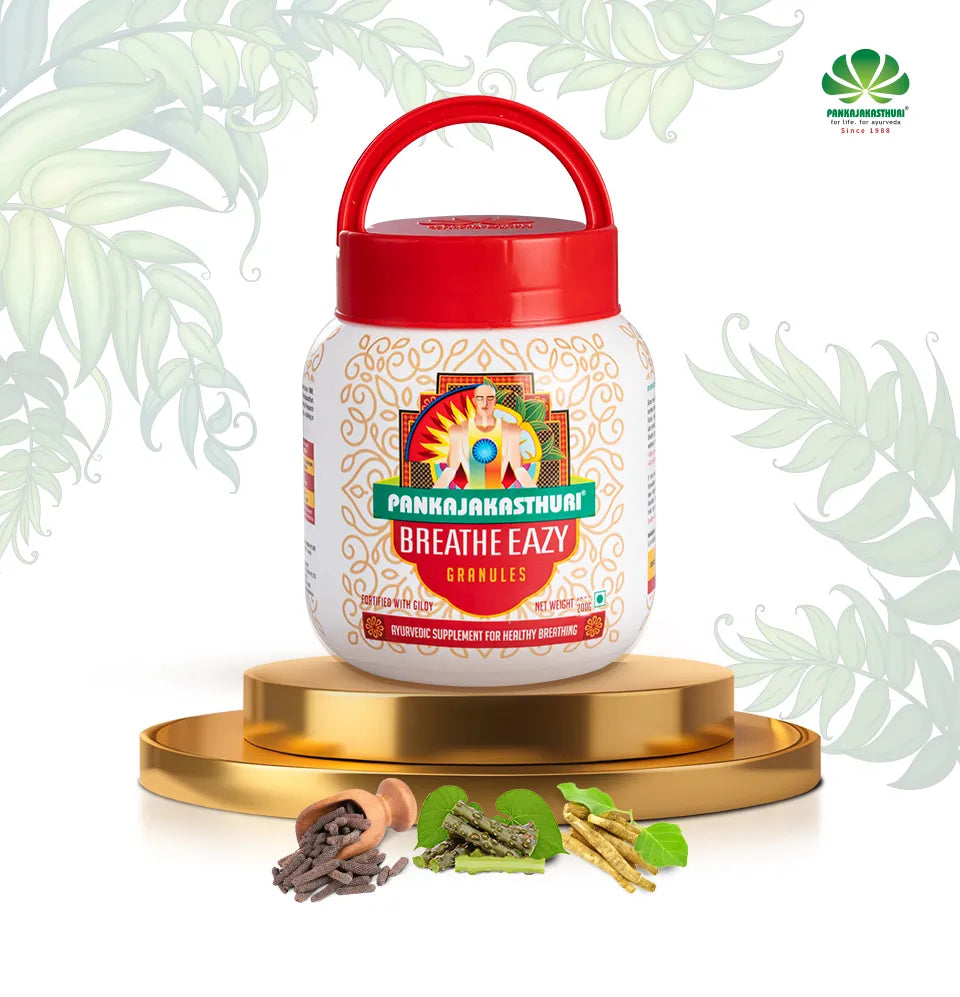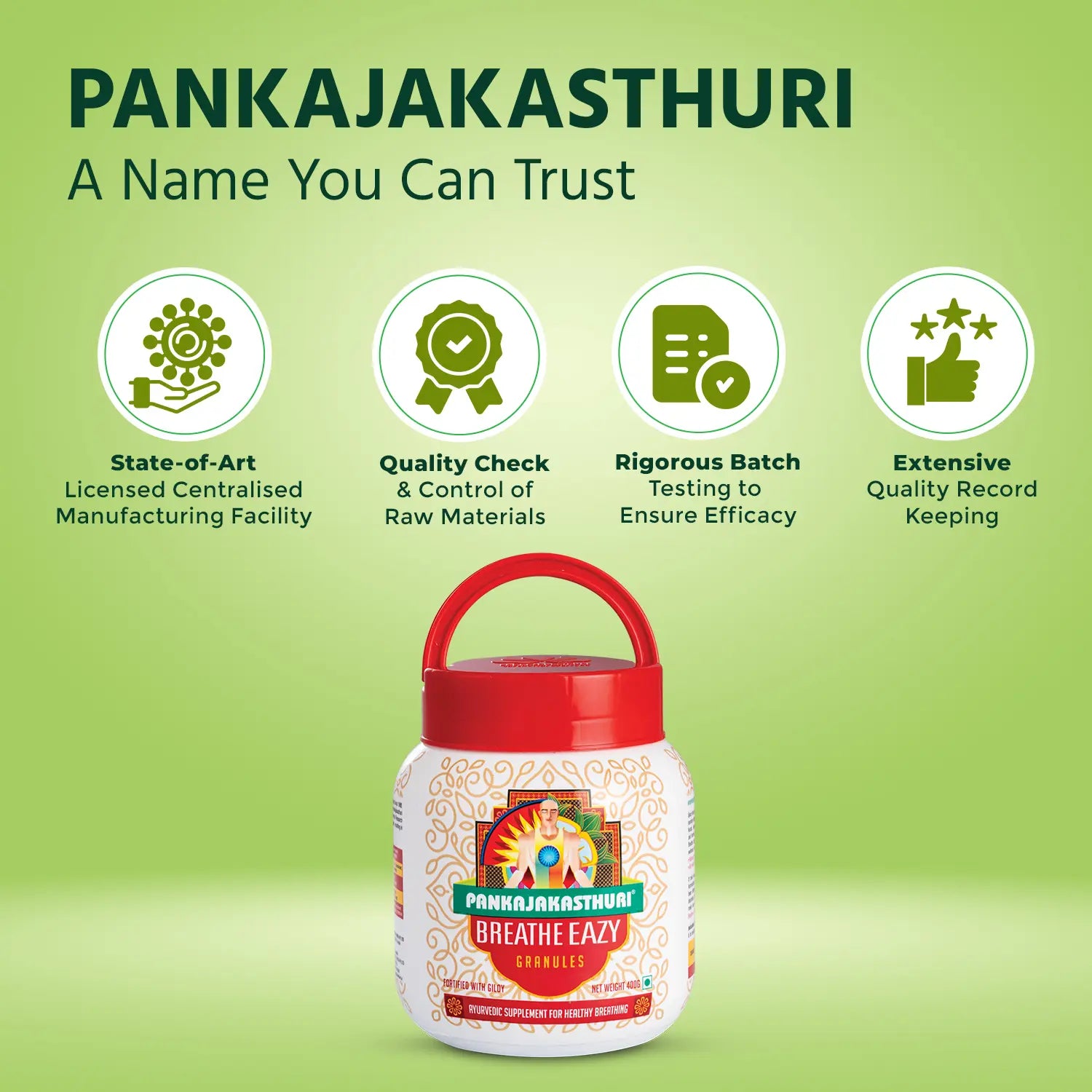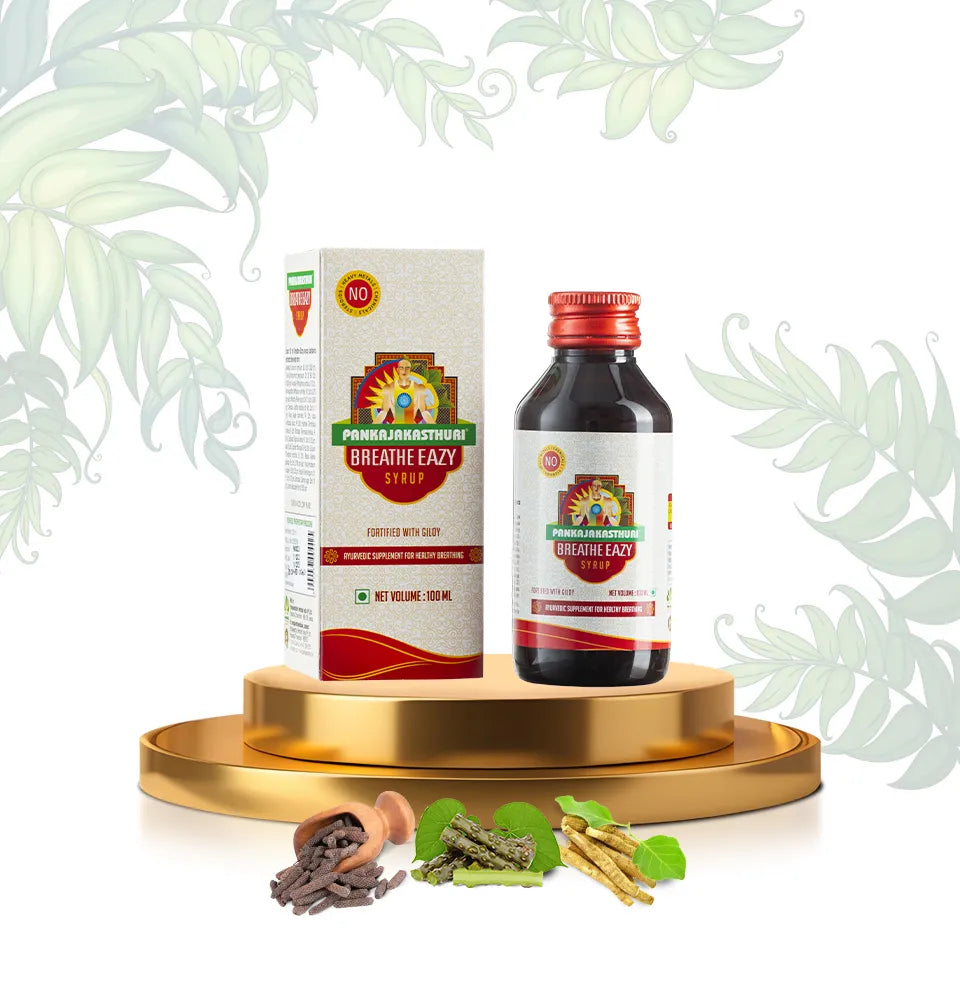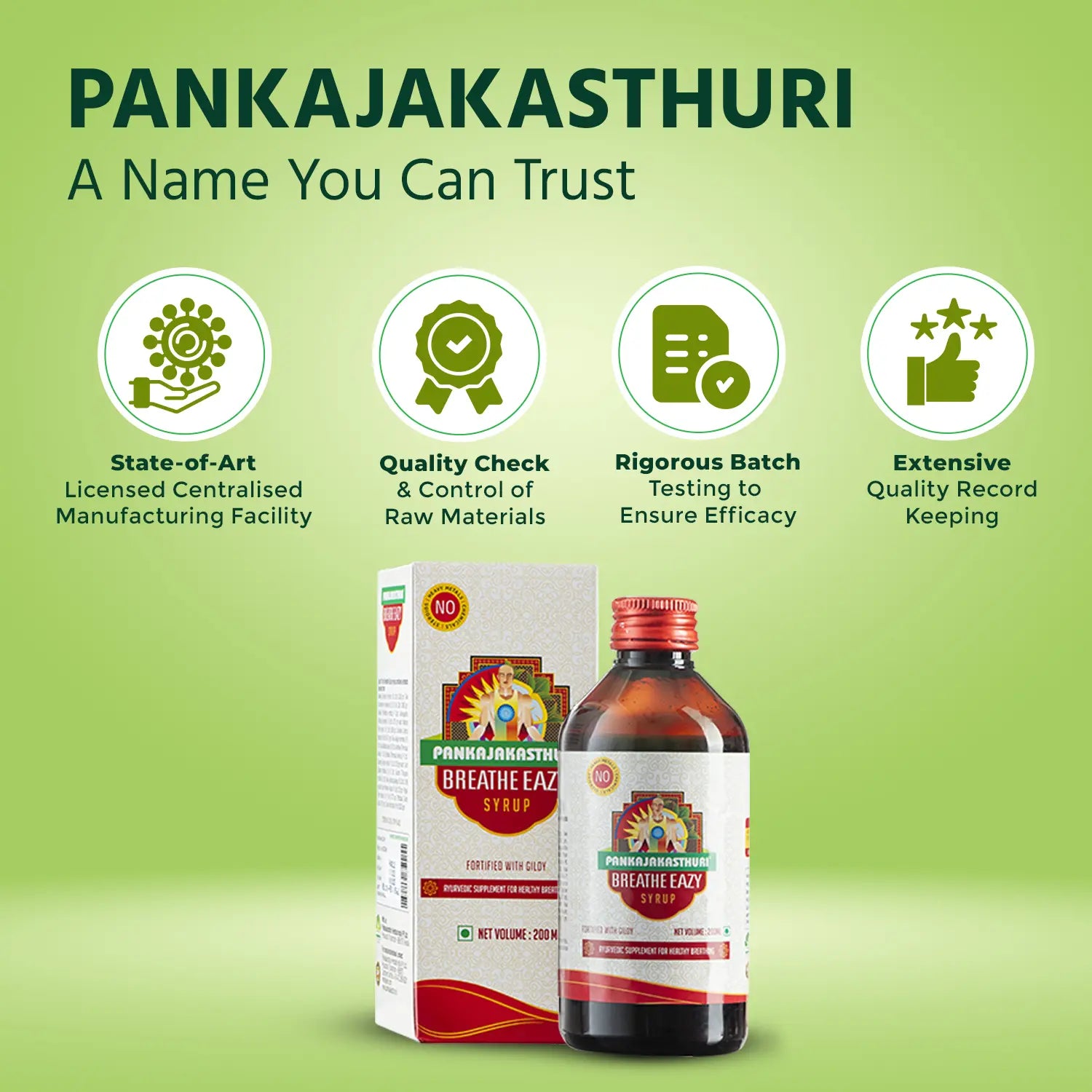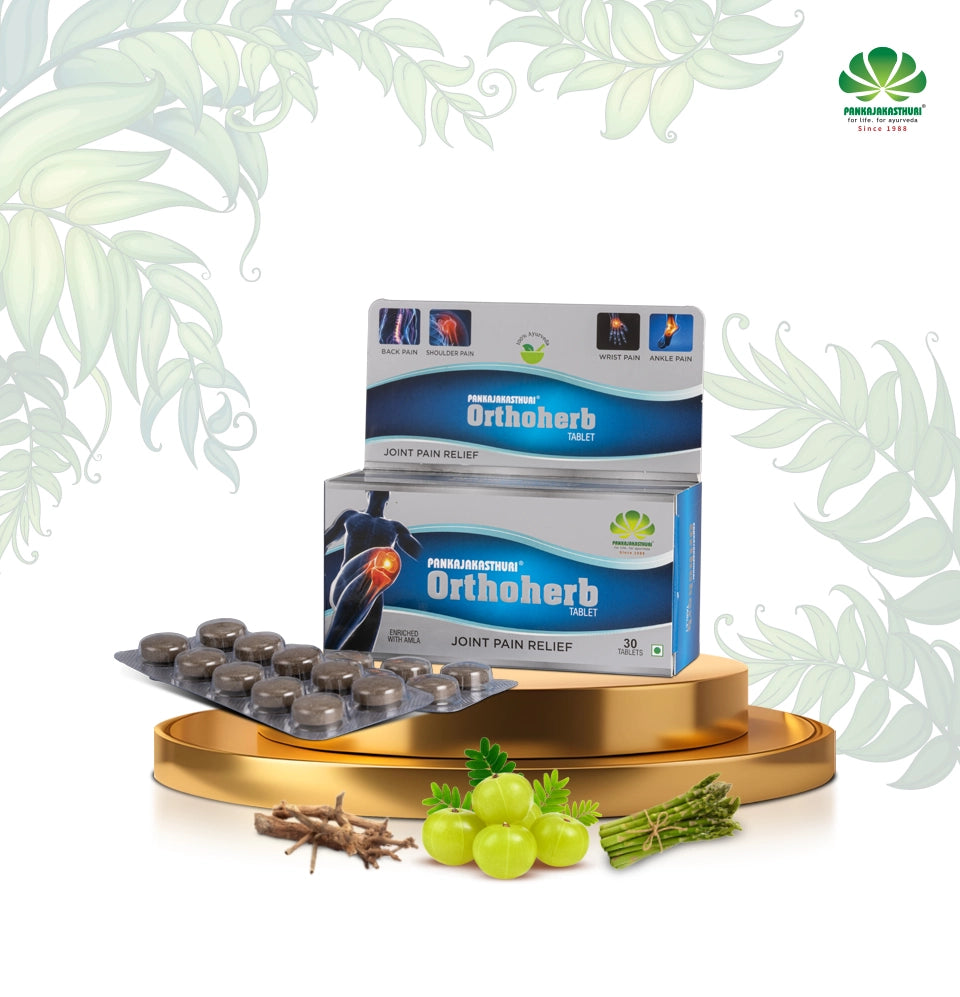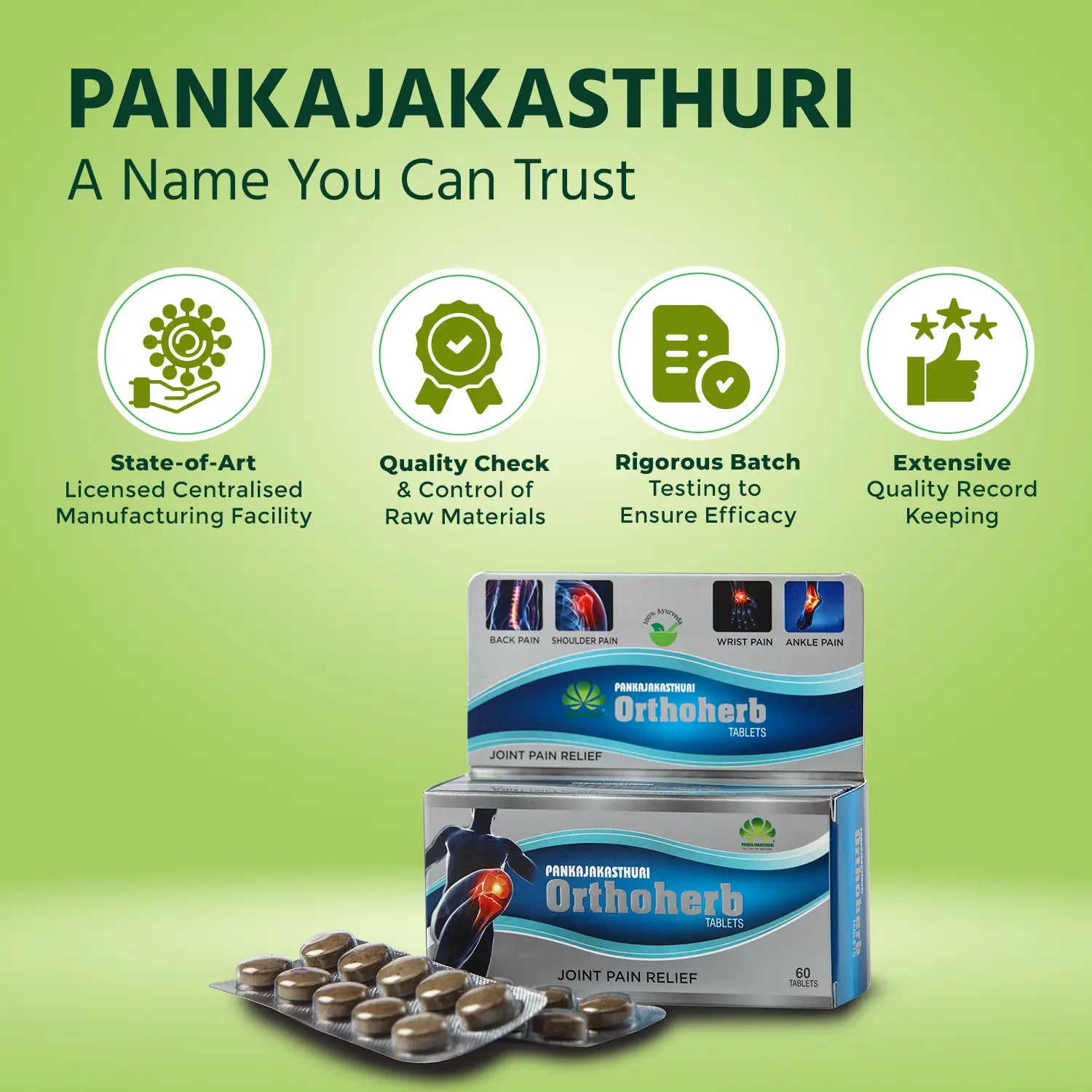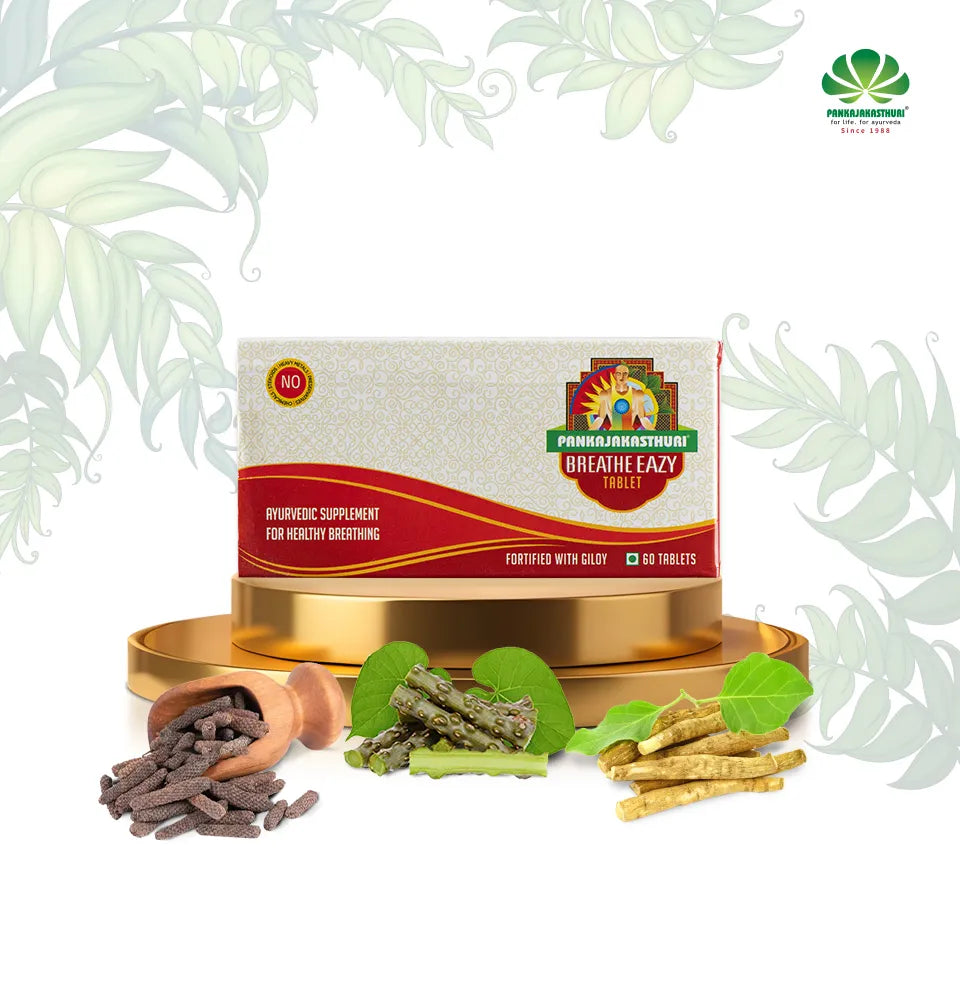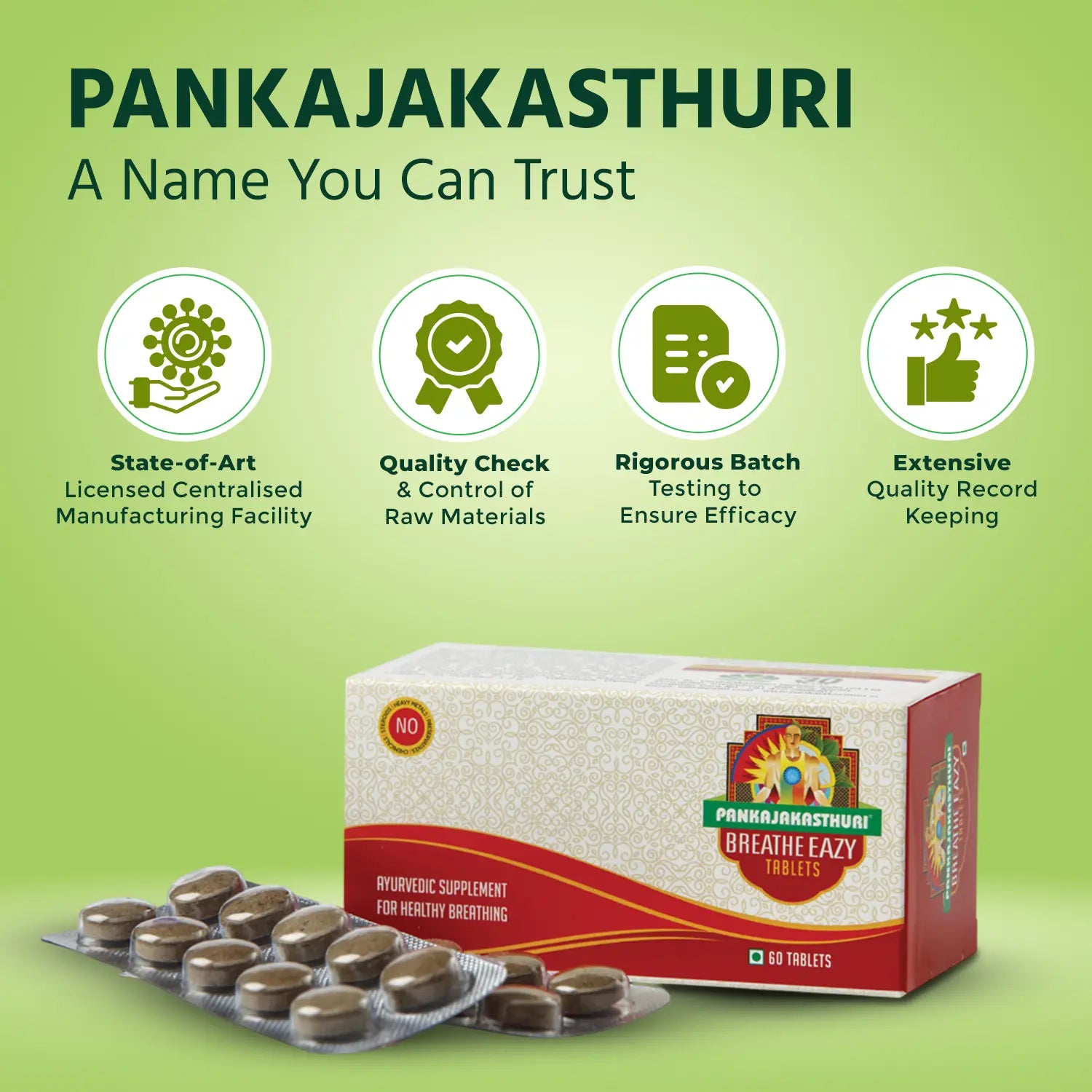
Postnatal Care Guidelines

Giving birth to a baby starts a new journey toward motherhood for any woman. While most women consider childbirth as one of the happiest moments of their lives, the process may often take a toll on their physical fitness and emotional well-being. The body of a woman undergoes massive changes during childbirth, and therefore, proper postnatal care for the new mother is crucial. In this article, we will talk about the various aspects of postnatal or postpartum care for mothers. Read on to learn more:
What does 'postnatal' or 'postpartum' mean?
The first six weeks after delivery are roughly called the 'postnatal' or postpartum period. This phase can be highly demanding both physically and emotionally for the new mother. Women need to rest and take care of themselves as they recover from strenuous labor and childbirth.
In most Indian households, an extensive postnatal care period is observed for at least 40 days post-delivery. During this time, the new mother is expected to do nothing other than resting and taking care of herself and her newborn. It is a period of confinement offering the new mother an opportunity to relax, recover, and bond with her baby.
Importance & Benefits of Postnatal Care for Mothers
During pregnancy, a woman's body prioritizes sending nutrients to the fetus. The post-birth care reorients the system and prioritizes the nourishment of the woman's own body. It is essential to recognize that a "nutrient" does not just mean food; it is anything she intakes – food, liquid, breath, perceptions. That is why a postpartum care regime takes a truly holistic approach. Here are some of the top benefits that proper postpartum care can bring for a woman:
- Cures Dosha Imbalance: Postnatal period care can help the body heal from within. According to Ayurveda, labor and delivery may lead to significant Vata imbalance. Proper care helps in balancing the Dosha, thereby restoring strength, improving circulation, and reducing pain in the lower back, hips, and legs.
-
Offers Nutritional Support: Postpartum mother care also provides the new
mother with adequate nutritional support to replenish the loss of vital nutrients during childbirth and breastfeeding. This is, in fact, one of the most important benefits of such care, as it helps eradicate weaknesses and iron deficiencies and improves energy levels and breast milk production, thereby preparing the woman physically for her new role. - Stabilizes the Hormones: Holistic care practices during the postpartum period can stabilize the hormones and help control mood swings, improving energy levels and overall health.
- Addresses Psychological Issues: Transitioning into motherhood doesn't come easy for all. Many women start suffering from postpartum depression. So, postpartum care for mothers also includes managing these psychological issues of the new mother who is so overwhelmed by her new responsibilities.
- Promotes Internal Healing: Proper care of the new mother can speed up her internal healing by reducing inflammation, strengthening her immunity power, and her power of digestion. All these help the body recuperate during the postpartum period, a phase exclusively set aside to support this recovery process.
Postnatal Care Tips, Steps & Strategies For New Mothers
A. Ideal Postpartum Diet
After delivery, a woman's body needs to be fed food that will help her body to become strong again. Here are some proven dietary recommendations for a woman who has just delivered a baby:
- Include seasonal vegetables and leafy greens to strengthen the immune system and keep inflammation in the body low. They are rich in vitamin K1, which improves the power of blood clotting, magnesium, a vital mineral that tends to become depleted during pregnancy, as well as iron and calcium.
- Fish such as rawas (Indian salmon) are excellent for calcium and healthy omega-3 fats. Fats help regulate the hormones in a new mother.
- Ingredients like turmeric, garlic, ginger, and fenugreek must be used for their anti-inflammatory, digestive, and immune-boosting properties to aid in postpartum recovery.
- Bottle Gourds must be included in the daily diet. This particular veggie contains various vitamins and minerals. It also helps with hydration and weight loss and increases breast milk supply remarkably.
- Dill water must find a place in the postpartum diet as it helps the mother's body to get rid of unwanted toxins and water retention and assists the natural process of the uterus shrinking back to pre-pregnancy size.
- Savories made by combining sesame seeds, dry nuts, fenugreek seeds, carom seeds, garlic, and drumsticks may be consumed for increased milk production.
- Edible gum cooked with a variety of dry nuts and wheat (Gond ke laddu) is
another ideal food item to be included in the postpartum diet. It can strengthen the back and the reproductive organs post-delivery.
B. Postnatal Exercise Recommendations
The plan for Postpartum care for mothers must also include some light exercises. Postnatal exercise can help restore muscle strength and increase firmness in the woman's body. After delivery, the body tends to lose its shape and curvature. Also, exercises for the postnatal period can help a new mother slim down and reduce her post-pregnancy belly. Here are some effective postnatal exercise tips & types she can try:
- Walking: Initiating with walking helps to gradually reintroduce physical activity and prepares the body for more intense workouts. Start with a gentle stroll and gradually increase the duration and pace over time.
- Kegel’s Exercise: These exercises target the pelvic floor muscles, which support various organs including the uterus, bladder, and rectum. Regular practice can help reduce urinary and anal incontinence. Contract the pelvic floor muscles as if you're stopping the flow of urine, hold for up to 10 seconds, then release. Aim for at least three sets of 10 repetitions daily.
- Swiss Bird Dog Holds: This postnatal exercise strengthens the core muscles, including the lower back and abdominals, while also improving balance and stability. Start on your hands and knees, extend one arm forward and the opposite leg back, hold for a few seconds, then switch sides.
- Cat-Cow in Tabletop: This yoga-inspired postnatal exercise helps to stretch and strengthen the spine and core muscles. Start in a tabletop position with hands under shoulders and knees under hips. Inhale as you arch your back and lift your head and tailbone (cow pose), then exhale as you round your back and tuck your chin to your chest (cat pose). Repeat several times.
- Swiss Ball Glute Bridge: Using a stability ball, this exercise targets the glutes, hamstrings, and lower back. Lie on your back with feet on the ball, lift your hips towards the ceiling while engaging your core and glutes, then lower back down. Repeat for several repetitions.
- Postpartum Planks: Planks are effective for core strengthening and overall stability. Start in a push-up position with elbows under shoulders and feet hip-width apart, engage your core and hold for as long as you can maintain proper form.
- Side Plank Leg Lifts: This variation of the plank targets the obliques and hip abductors. Start in a side plank position, either on your forearm or extended arm, lift your top leg up and down while maintaining stability through your core.
C. Warming Postnatal Massages
Warm herbal oil massage is another vital postpartum recovery phase ritual. It is popularly called Abhyanga in Ayurveda. This ritual is particularly significant in Indian culture. The new mothers receive daily hot oil massages from a family member, an experienced “mausi” or “dai.”
Why is the warm massage considered so important?
Giving birth can be tremendously stressful for the mother, even if she does it with the most beautiful ease and grace. Her sympathetic nervous response, the fight-flight-freeze response, is almost always heightened, especially in births outside the home or with complications. It is critical to support the mother in bringing her nervous system out of a sympathetic response and back into a parasympathetic response. Then, her body and mind can rest and heal. Massage plays a vital role in this process. It tones the tissues, relaxes the sore muscles, removes stretch marks, encourages proper blood circulation, alleviates stress, and deeply nourishes the nervous system.
What are the oils commonly used in these massages?
In these massages, the main oils used include:
- Coconut oil (nariyal ka tel).
- Sesame oil (til ka tel).
- Olive oil (jaitoon ka tel).
- Mustard oil (sarson ka tel)
- Sweet Almond oil (badam ka tel)
Other oils increasingly gaining popularity as postpartum massage oils include wheatgerm oil, grapeseed oil, and sunflower oil. The light and non-greasy texture of these oils make them popular among new mothers these days.
D. Steam Baths
After oil massaging, a hot water steam bath is given to the woman. Hot water is also poured on the lower abdomen and the pelvic area. In the doctrines of Kerala Ayurveda, this postnatal care ritual is called Vethu Kuli. This is essentially a medicated steam bath where neem leaves, known for their natural antiseptic properties, are boiled in the water used for the bath. This therapy aims to address the imbalance of the Doshas that occurs in the female body after childbirth. Here are the benefits associated with Vethu Kuli:
- Balances Vata Dosha: Childbirth can disrupt the balance of doshas in the body, particularly Vata. Vethu Kuli helps to pacify and normalize the aggravated Vata dosha, which is essential for overall well-being and recovery.
- Relieves Fatigue: The therapy helps in reducing postpartum fatigue, providing renewed energy and vitality to the mother.
- Strengthens the Body: Vethu Kuli provides strength to the body, aiding in the recovery process after childbirth.
- Cleansing: It cleanses the uterine organs, promoting detoxification and healing in the reproductive system.
- Supports Musculoskeletal Health: The therapy strengthens the lower back, ligaments, muscles, tendons, and joints, which may have been strained during pregnancy and childbirth.
- Soothes the Skin: The steam and herbs used in Vethu Kuli can have a soothing effect on the mother's skin, promoting overall skin health and healing.
- Relieves Pain: It helps in relieving body pain, which is common after childbirth due to the physical exertion involved in the process.
- Improves Digestion: Vethu Kuli increases the digestive fire, aiding in improved digestion and assimilation of nutrients, which is crucial for postpartum recovery.
On the whole, Vethu Kuli offers a holistic approach to postpartum care for mothers, addressing both physical and emotional aspects of recovery. However, it's essential to consult with a qualified Ayurvedic practitioner before undergoing any traditional therapies, especially during the delicate postpartum period.
E. Herbal Teas
In Ayurveda, fuming hot herbal teas are especially beneficial for new moms during the postpartum recovery period. These herbal teas can support optimum digestion, reduce bloating and inflammation, increase breastmilk supply, ease any sort of aches and discomforts, and promote overall health and well-being. While any nice, warm cup of fuming tea can be relaxing and soothing, some of the best teas to consider after delivery include Ginger tea, Shatavari tea, Turmeric tea, Ashwagandha tea, Dashamoola tea, Cumin tea, Fenugreek tea, Fennel tea, and Cardamom tea.
The Takeaways
Although having a baby may alter the woman's daily routine and family composition, she will eventually get used to it. The woman's postpartum recovery phase physical and mental changes will gradually become better. It may be both exhilarating and overwhelming during the postpartum recovery. The woman must allow herself the grace and time to adjust as the pain and discomfort associated with childbirth fade. She will overcome it and soon be on her road to recovery. While the woman is at it, she must remember to relish this unique time with her newborn.








